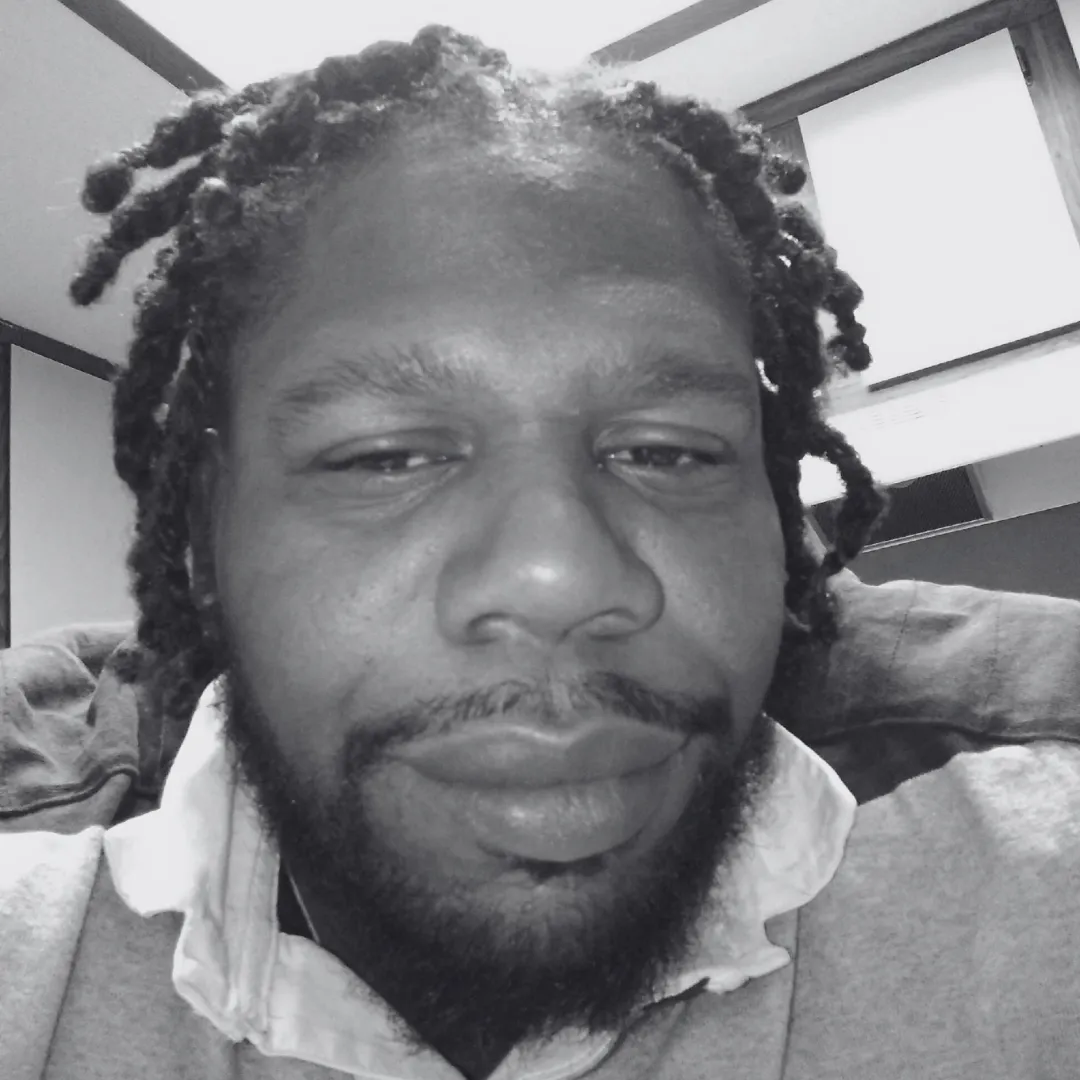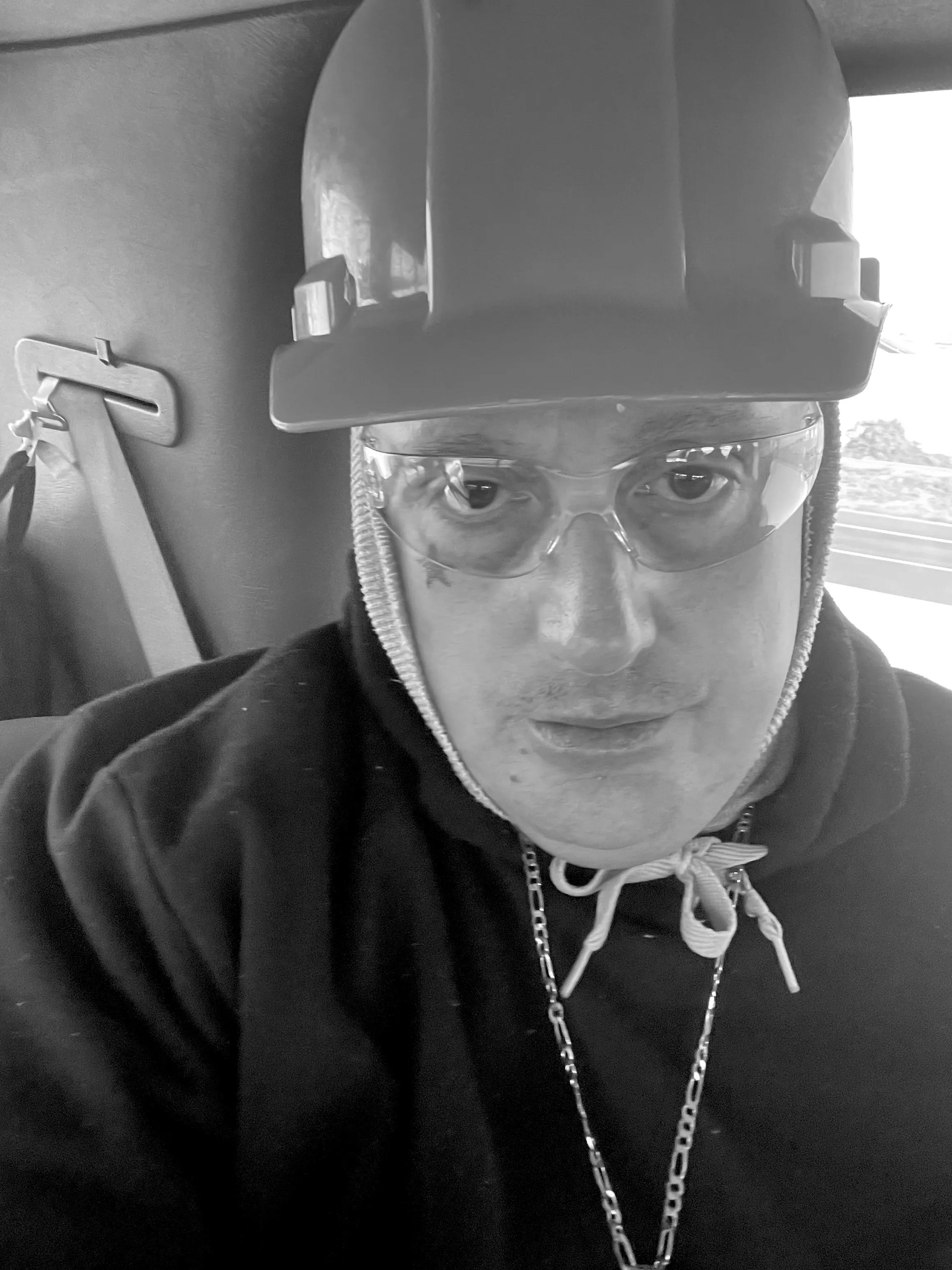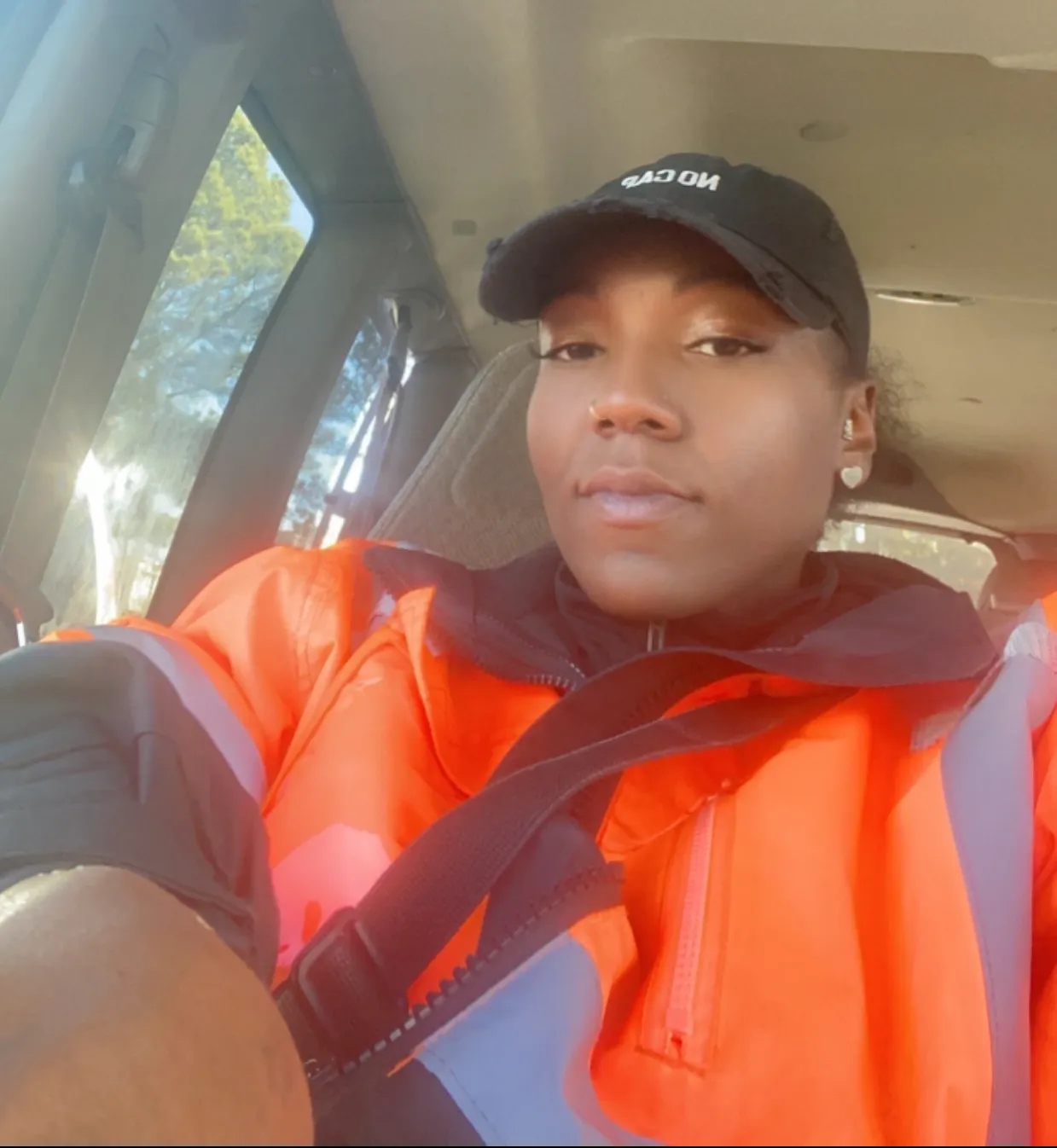Prior to Rolandon being convicted of a felony and put on probation, it was never hard for him to get a job. He’d been to college for electrical engineering, had a solid work history, and was extremely reliable.
However, he quickly learned of the all-too-real impact a criminal record would have on his future job prospects, which is what led him to the Center for Employment Opportunities (CEO). At CEO, he was connected with a job coach who helped him polish his interview skills and resume – and he started his search.
Eventually, he was contacted back by a local factory, and after several promising interviews, Rolandon was hired and given a shift schedule. He was thrilled to share the news with his family and be able to finally help pay the bills. Given he had accepted the job, he also stopped his search and turned down additional interviews.
“I was excited and relieved when I was hired because the position paid well and had room for growth,” Rolandon said.
But sadly, his fate soon turned. Four days later, right before his first day at work, the hiring manager called him and said that they could not hire him after all.
“The manager said they ran a background check and because I had a felony on my record I could not work there. He said that he didn’t know how I got that far in the hiring process, and that it was their mistake,” Rolandon added.
Because of the extremely limited protections in Ohio, the employer did not have to provide Rolandon with an opportunity to explain his situation or provide evidence that he had been rehabilitated
“I was devastated. After that, I lost hope and stopped looking for a job, and fell into a depression,” Rolandon said. “I paid my debt to society, but I continued to get punished. It affects your mental health when you're transitioning and have all these other problems, and then something like that happens.”
Rolandon was eventually hired at another job, but scenarios like this happen every day in the US, especially in states like Ohio that offer little to no protections whatsoever against hiring discrimination on the basis of a criminal record.
Considering 600,000 people get out of jail and prison every year, and 19 million Americans have a prior felony conviction, the impacts are extremely far-reaching. Employers’ overreliance on background checks and the stigma of a criminal conviction are keeping millions of justice-impacted people from performing jobs they are qualified for and employers are missing the opportunity to hire excellent workers.
To learn more about CEO’s work to help justice-impacted people overcome these barriers, visit MoreThanABackground.org.




